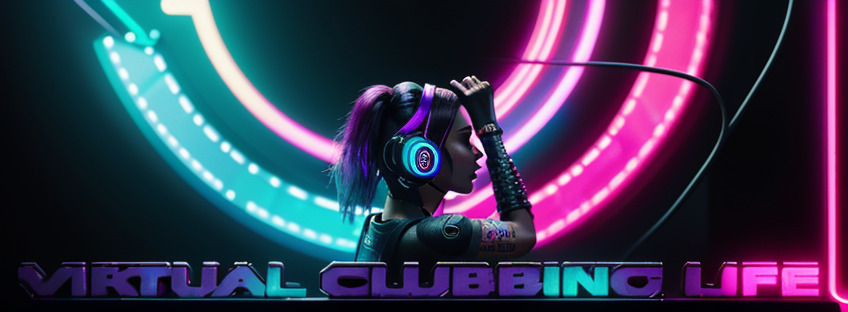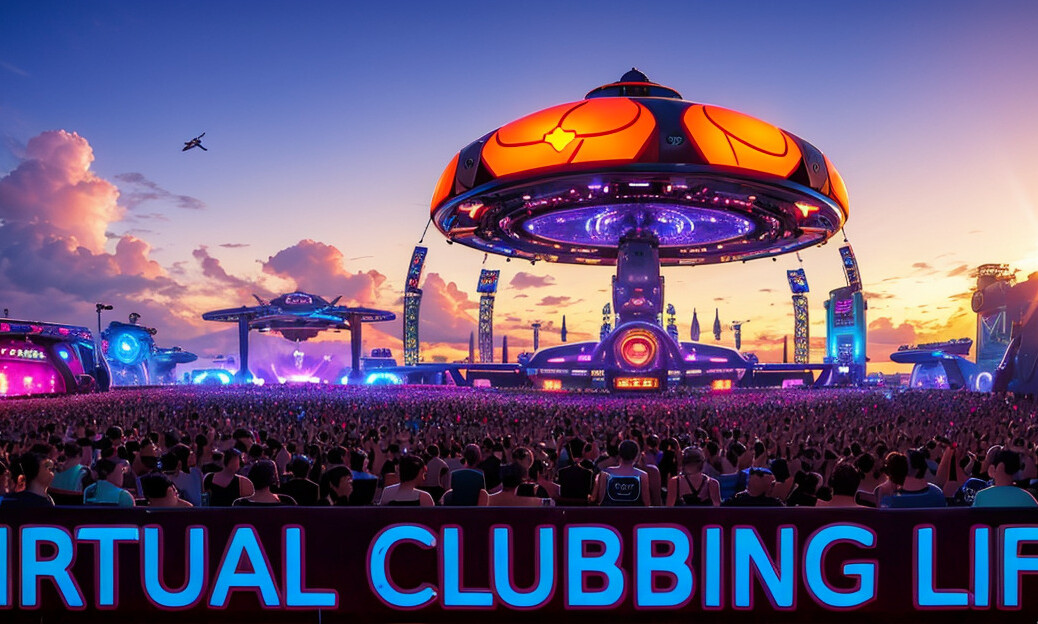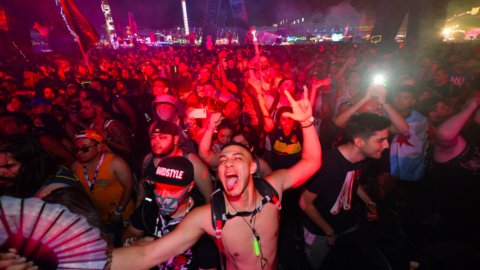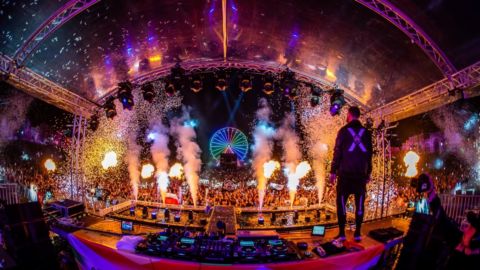In modern society, technology and music are irrevocably intertwined, shaping and influencing each other incessantly. This symbiotic relationship has dramatically altered the landscape of the music industry, with electronic music festivals being at the forefront of this transformation. Advancing technology has forever changed the way these festivals are organized, experienced, and enjoyed.
Advancing Tech: The Evolution of Electronic Music Festivals
Electronic music festivals have come a long way since their inception. The introduction of sound amplification systems allowed for the birth of large-scale music festivals in the 1960s and ’70s. However, the evolution didn’t stop there. The advent of digital sound synthesis in the 1980s brought electronic music into the mainstream. Suddenly, artists had an array of synthetic sounds at their disposal, which they could incorporate into their music to create unique, never-before-heard compositions.
In the past decade, the growth and development of technology have transformed electronic music festivals into multisensory experiences. Today, these events blend music with video, lighting, and interactive installations to create immersive environments that captivate audiences. Augmented reality (AR) and virtual reality (VR) technologies have also begun making appearances, providing attendees with surreal, otherworldly experiences.
Tech Innovations Transforming Music Festival Experiences
The advancements in technology have brought about several innovations that are transforming the electronic music festival experiences. One of these is the incorporation of cutting-edge visual technology. High-definition LED screens and advanced projection mapping techniques are now utilized to create stunning visual backdrops to the music, enhancing the overall concert experience.
RFID (Radio Frequency Identification) wristbands have also changed the game. These devices allow for cashless transactions, reducing lines and wait times, thus improving the overall festival experience. Furthermore, they also track audience movement, providing valuable data to festival organizers who can then use this information to improve future events.
Other innovations include the use of drones for aerial coverage of festivals, providing unique perspectives and enhancing the overall production value. Social media integration has also become crucial, enhancing the connection between artists and fans and promoting real-time interaction.
How Technology is Shaping the Future of Electronic Music
The impact of technology on electronic music extends far beyond just enhancing the festival experience. It is revolutionizing the creation, production, and distribution of music as well. Music production software, such as Ableton Live and Logic Pro, is making music production more accessible, providing artists with powerful tools to create and mix music.
In terms of distribution, streaming platforms like Spotify and Soundcloud have democratized the music industry. Artists no longer need to rely on record labels to reach their audience. Instead, they can self-publish their music and reach listeners worldwide.
Looking ahead, technologies like artificial intelligence (AI) and machine learning have the potential to push the boundaries even further. AI can analyze vast amounts of data to predict trends and could even be used to create music.
The Role of Technology in Enhancing Music Festivals of Tomorrow
As we look towards the future, technology’s role in enhancing music festivals becomes even more prominent. Virtual reality (VR) and augmented reality (AR) technologies, for instance, have the potential to revolutionize music festivals. They could enable audiences to experience festivals from the comfort of their own homes or even interact with the music and visuals in real-time.
Furthermore, advancements in sound technology could lead to more immersive and personalized experiences. For instance, spatial audio technology can create a three-dimensional sound that gives the listener the feeling of being in the middle of the music.
Lastly, data analytics will continue to play a crucial role in improving the festival experience. By analyzing data from past events, festival organizers can make informed decisions to improve logistics, programming, and audience engagement.
In conclusion, the advancing technology is shaping the future of electronic music festivals, transforming them into immersive, multisensory experiences. From creating music to enhancing festival experiences and distribution, technology is revolutionizing the electronic music industry. And as we look forward to the future of electronic music festivals, it is clear that technology will continue to play a pivotal role, pushing the boundaries of what is possible and opening up exciting new possibilities for artists and audiences alike.
Tags: festival












